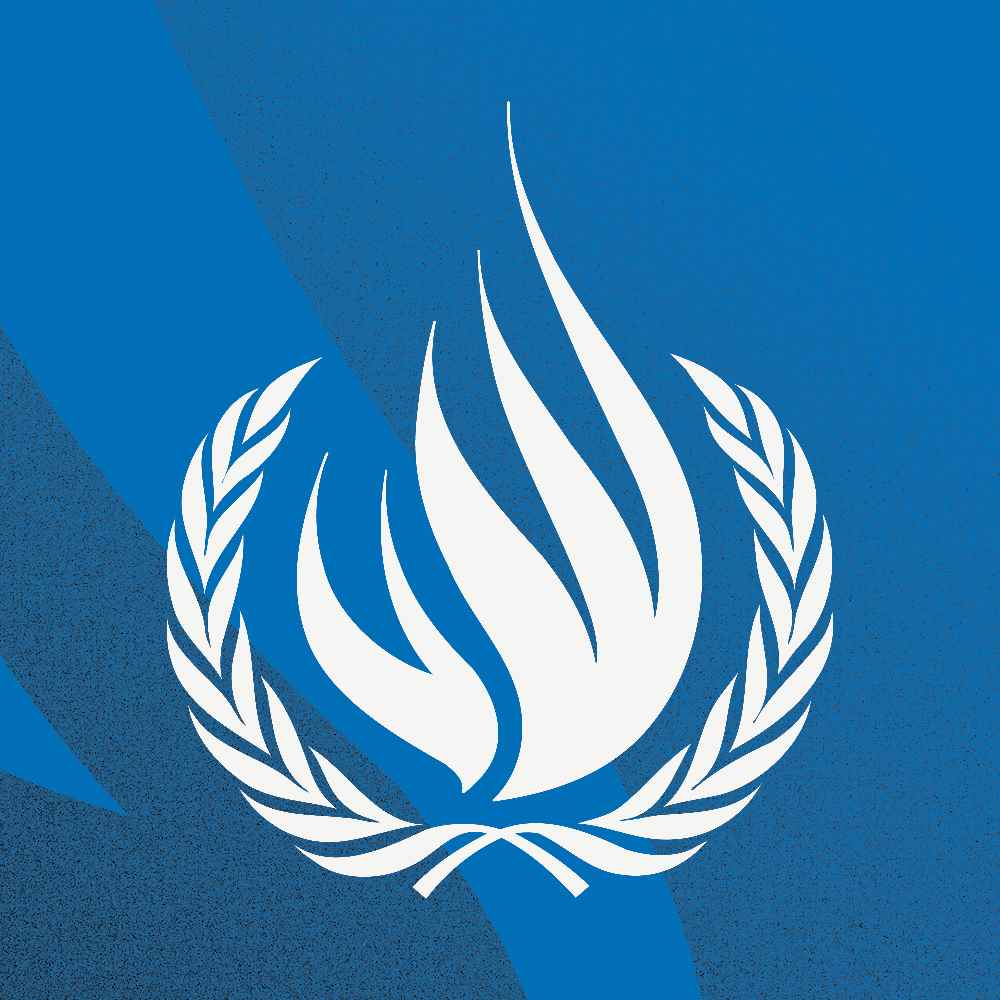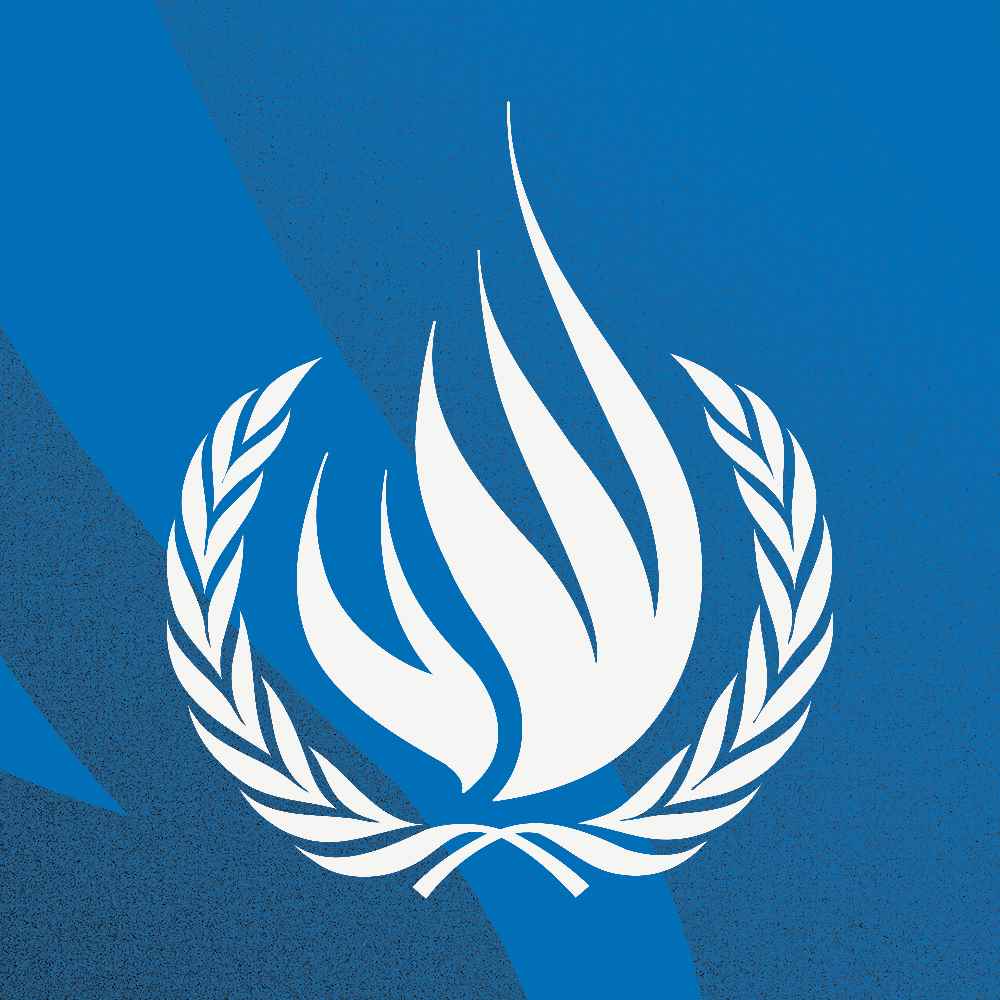
GENEVA (9 February 2023) – The UN Child Rights Committee (CRC) today issued its findings on Azerbaijan, the Plurinational State of Bolivia, Ireland, Mauritius, New Zealand, Oman and Sweden, after reviewing the seven States parties during its latest session.
The findings contain the Committee"s main concerns and recommendations on implementing the Child Rights Convention as well as positive aspects. Key highlights include:
Azerbaijan
The Committee was seriously concerned about the continued practice of corporal punishment and the high prevalence of violence against children in Azerbaijan. The Committee urged the State party to enact legislation to prohibit corporal punishment of children and establish mechanisms to promote mandatory reporting and multiagency intervention in all cases of violence against children.
Regarding child health and healthcare issues, the Committee raised questions about the high number of adolescent pregnancies and the high sex ratio at birth resulting from sex-selective abortions favouring boys. It urged the Government to integrate sexual and reproductive health education into the school curriculum and to address the root causes of sex-selective abortion and its long-term implications for society.
Bolivia
The Committee was seriously concerned about the high and growing prevalence of violence against girls and its manifestation in infanticides and sexual violence. It urged Bolivia to take action to fully implement relative legislation to fight infanticide, femicide and violence against women, girls and adolescents and combat sexual violence against children. It also asked Bolivia to ensure that all cases of violence against children are duly and promptly investigated.
The Committee was deeply disturbed by the high number of child rape, forced child pregnancies and forced maternity, and sexual exploitation of children in prostitution, including in mining regions. It urged Bolivia to undertake effective measures to fight sexual violence in all provinces, especially in rural areas, and to adopt a national plan to address and end the sexual exploitation of children, especially in mining areas and the tourism industry.
Ireland
The Committee expressed concerns about the long waiting lists for children seeking mental health services and the detrimental impact of racism and discrimination on the mental health of children of ethnic minorities in Ireland. It asked the Government to ensure the availability of therapeutic mental health services for children and develop a designated mental health support service for children of minority ethnic groups, especially those who have experienced racial discrimination.
Concerning a large number of children living in poverty, food insecurity and homelessness, the Committee recommended that Ireland strengthen its policies to ensure all children have an adequate standard of living and address the root causes of homelessness among children. With regard to the deprivation of benefits for ethnic minority children due to the habitual residence condition, the Committee asked the State party to assess the impact of the habitual residence condition on children, including Traveller and Roma children and children of African descent, and amend social welfare payments accordingly.
Mauritius
Regarding the lack of a legal framework based on the human rights model to advance the rights of children with disabilities, the Committee recommended that Mauritius urgently finalise the Protection and Welfare of Persons with Disabilities Bill to protect and promote the rights of children with disabilities.
In light of the insufficient sex education in schools, restricted access to contraception, persistently high adolescent pregnancy rate and prevalence of unsafe abortion in Mauritius, the Committee recommended that the State party decriminalise abortion and facilitate access to safe abortion for adolescent girls. It also asked the State party to take measures to ensure children receive confidential and child-friendly sexual and reproductive health information and services, including access to contraceptives.
New Zealand
The Committee brought up concerns regarding the overrepresentation of Māori children in the youth justice system and among those who committed suicide in closed institutions. It recommended that New Zealand develop an action plan to address the connections between offending and neurodisability, alienation from whanau (family), school and community, substance abuse, family violence, removal into state care and intergenerational issues, in order to reduce the disparity in the rates of sentencing, incarceration and survival in detention of Māori children.
Regarding a significant proportion of children, especially Māori and Pasifika children, who live in poverty with food insecurity and severe housing deprivation, the Committee asked New Zealand to take child rights-based approach measures to end child poverty, specifically prioritising disproportionately impacted groups, including Māori children, Pasifika children and children with disabilities.
Oman
The Committee expressed concerns that Oman has not amended its Law on Citizenship, which discriminates against women in transferring Omani nationality to children from a marriage to a foreign citizen, exposing these children to the risk of statelessness. It recommended that Oman amend its laws to grant Omani women the same rights as Omani men regarding passing on their nationality to their children and provide adequate safeguards to ensure that citizenship is granted to children who would otherwise be stateless.
As the minimum age of criminal responsibility for children remains extremely low at 9 years, the Committee recommends that Oman, in accordance with its general comment No. 24, expeditiously raise the minimum age of criminal responsibility to at least 14, and ensure that all children, who by definition are under 18 years of age, are included in the child justice system.
Sweden
The Committee remained concerned about persistent discrimination, including racist activities and bullying, against children in disadvantaged situations. It also questioned the regional disparities, including access to healthcare, social services, education, and the justice system. The Committee recommended that Sweden intensify its efforts to combat racist and xenophobic activities among children; eliminate discrimination against children in disadvantaged situations; and address disparities between municipalities to ensure equal access to quality education, adequate housing and protection from violence.
Concerning the high level of violence against children, including sexual exploitation, gender-based violence and online violence, the Committee suggested Sweden develop targeted measures to effectively investigate all violence against children and provide comprehensive and quality support services.
The above findings, officially known as Concluding Observations, are now available on the session webpage.
ENDS
For more information and media requests in Geneva, please contact:
Vivian Kwok at vivian.kwok@un.org or
UN Human Rights Office Media Section at ohchr-media@un.org
Background:
The Committee on the Rights of the Child monitors States parties" adherence to the Convention on the Rights of the Child and its Optional Protocols on involvement of children in armed conflict, and on sale of children, child prostitution and child pornography. The Convention to date has 196 States parties. The Committee is made up of 18 members who are independent human rights experts drawn from around the world, who serve in their personal capacity and not as representatives of States parties.
Learn more with our videos on the Treaty Body system and on the Child Rights Committee!
Follow the UN Treaty Bodies on social media!
We are on Twitter @UNTreatyBodies







